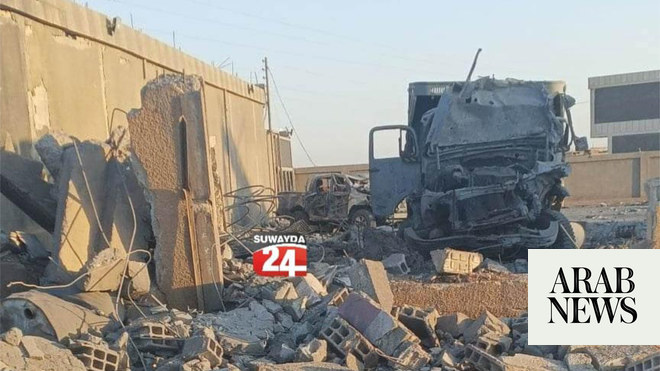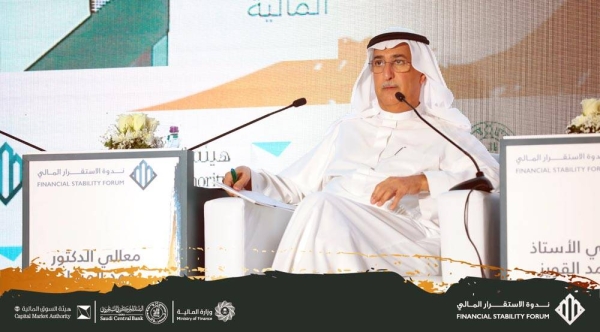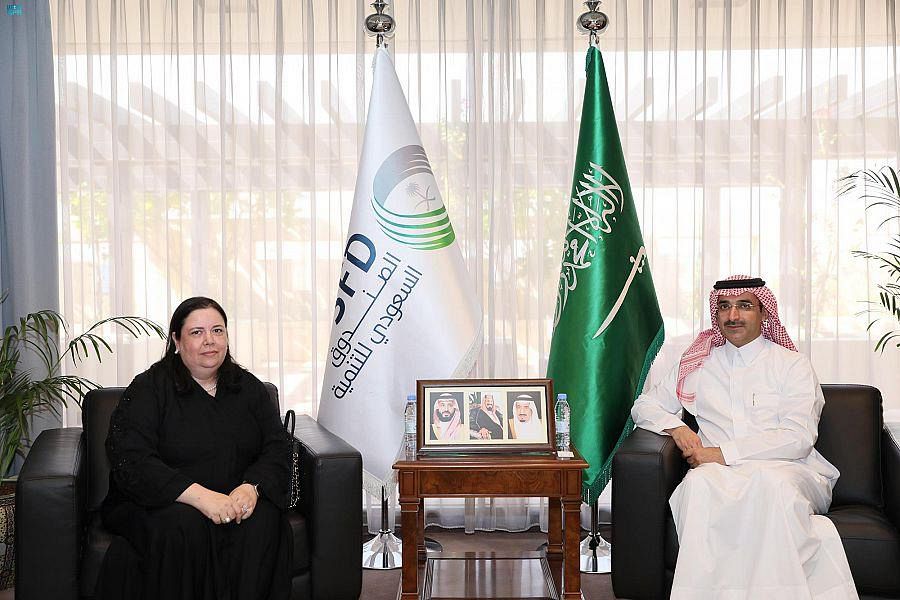
Governments throughout the Middle East have embraced and set out ambitious plans to confront the pressing challenge of climate change, pursuing sweeping renewables policies and setting global benchmarks in the effort to drive sustainability. Yet, when it comes to the fundamentals of life and development, water is at least equally as important as energy and the pressures on our planet only magnify water security challenges.
The sixth UN Sustainable Development Goal is clear: Universal access to drinking water by 2030. This would mean that 7.6 billion people have this right. However, the goal is incredibly ambitious and, on World Water Day on Friday, billions of people still lack water sources that ensure a safe, high-quality supply.
As a historically water scarce region, the Middle East is at the center of this challenge and, if we are to keep pace with demand, the region must dramatically increase capacity. According to the World Water Forum, 40 percent of the Arab population already lives in conditions of absolute water scarcity. Despite being home to just 6 percent of the world"s population, the region survives on only 1 percent of the world’s freshwater resources. Beyond the Middle East, almost a quarter of the world’s population lives in countries that have adequate natural water supplies, but do not have the infrastructure needed to purify and distribute it. We need a step change to sustainably meet water demand here and around the world.
New and more sustainable technologies are critically needed to improve energy efficiency, as well as a much broader effort to improve water efficiency at every level. The Middle East has the opportunity to lead the way on addressing this issue and has been on the frontline of the challenge for several decades, building desalination technology and developing new, modern infrastructure that can ensure that this most vital of all resources is available to all.
Desalination is one solution to safely alleviate water stress globally in the long term, but we must continue to evolve and modernize.
Carlos Cosin
Saudi Arabia is one example of how the region is leading this charge and, in 2016, it began the world’s most significant global drinking water and wastewater infrastructure development under the country’s National Transformation Program and Vision 2030. The Kingdom has unveiled a plan to stimulate the use of private financing at almost every level, including the production of drinking water and the reuse of wastewater, and we’re delighted to be supporting this through a new desalination project in Shuqaiq, on the Red Sea coast of Saudi Arabia. This has a capacity of 450,000 cubic meters per day, guaranteeing reliable drinking water for more than 1.8 million citizens.
Desalination is one solution to safely alleviate water stress globally in the long term, but we must continue to evolve and modernize. Increasingly, desalination is combined with renewable energies such as photovoltaic plants, providing a sustainable source of drinking water while also reducing the associated cost and energy consumption. To this end, tools such as floating solar-powered structures intended to generate fresh water from ocean and lake surfaces are already under development.
Reuse of water is another innovative and technically feasible way of combating water stress and climate change. It is estimated that more than 80 percent of all wastewater worldwide is not collected or treated. The treatment and reuse of water is the only technology that will respond to population growth and the consequent increase in demand.
In Arab countries, 23 percent of safely treated wastewater is reused, but there is great untapped potential and 20 to 40 cubic kilometers per year could be added to the region’s renewable water resources by 2050 if only 50 percent of the potential wastewater in the Middle East were recycled.
As well as tackling the region’s own sustainability challenges, the Middle East’s progress in developing water infrastructure is an opportunity for the region to take the lead on this global issue and be at the forefront of this sector in the future. With decades at the center of the challenge, the Middle East must continue being a pioneer of innovative means to secure safe, reliable and sustainable sources of water, bringing us another step closer to water for all.
Carlos Cosin is CEO of Almar Water Solutions, part of Abdul Latif Jameel Energy.
Disclaimer: Views expressed by writers in this section are their own and do not necessarily reflect Arab News" point-of-view










